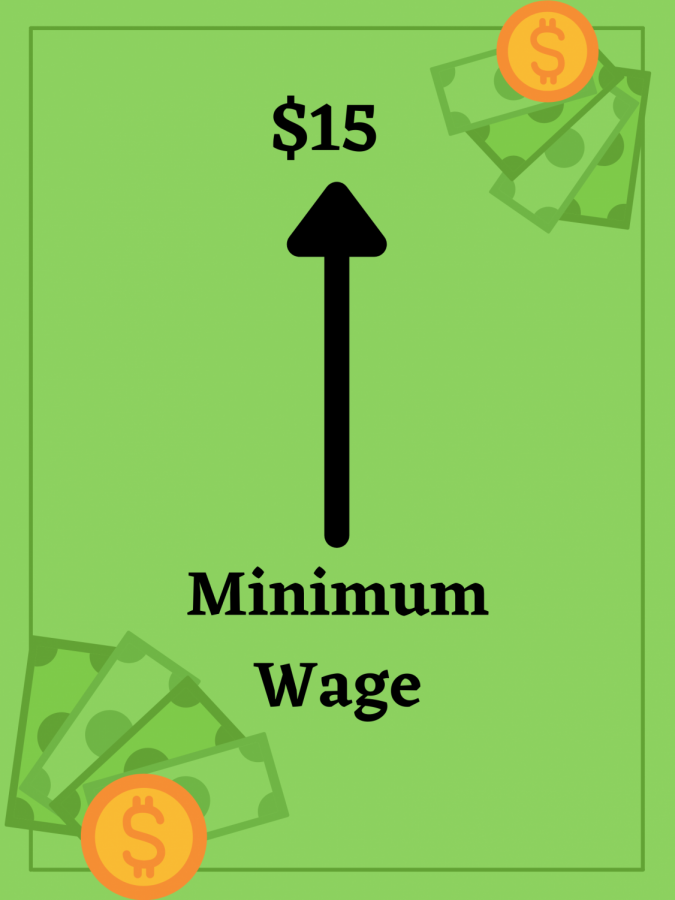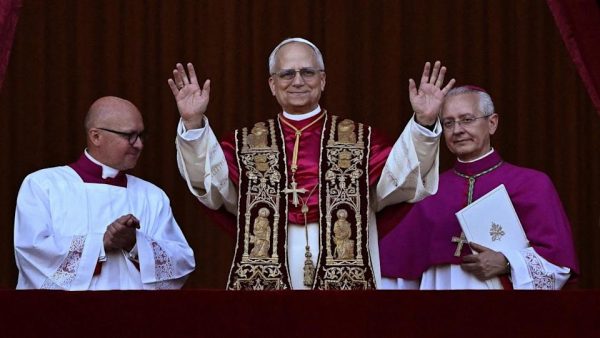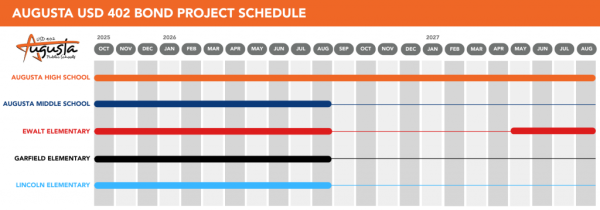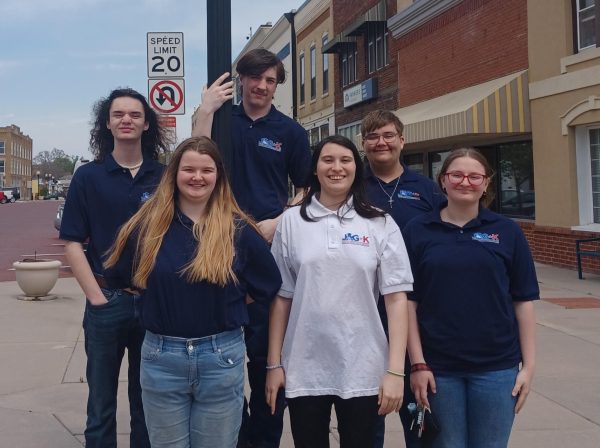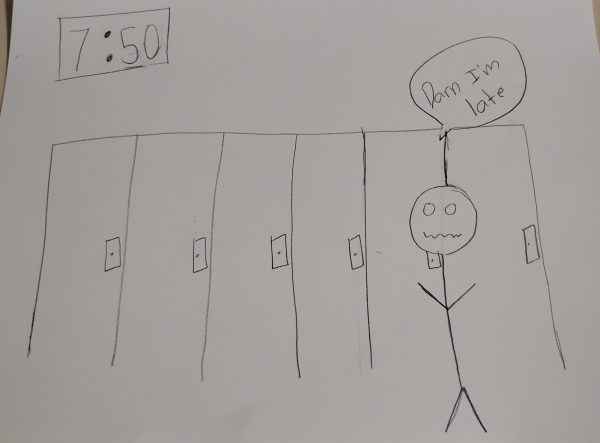President’s Minimum Wage Change Affects Jobs
Update: President Joe Biden said in an interview he feels it is unlikely for the minimum wage increase to be in the COVID-19 relief plan, but Biden will negotiate to get a separate bill for it. (02/09/21)
Minimum wage jobs are important for the economy, especially since that is what the average American has. President Joe Biden plans on increasing the minimum wage from $7.25 to $15, which has not changed since 2009. The new minimum wage increase is part of his $1.9 trillion COVID-19 relief plan, and he plans to start with an increase to $9.50 at the time the bill is passed and over time increase to $15. Biden plans to start with the jobs connected to the federal government and adapt the increase for family-owned and other businesses where the increase will hit harder.
However, the change comes with both ups and downs. Over 1.3 million people will be lifted out of poverty, $8 million will be contributed to the income of family households and boost the paychecks of over 27 million workers in 2025 if the change does happen according to the 2019 nonpartisan Congressional Budget Office (CBO) report.
On the other hand, over 1.3 million jobs will be gone in 2025 if the increase happens, the CBO report said.
Also, the minimum wage increase will affect towns and cities differently. In big cities, the alteration will help them more because they are high-wage and high-price areas, but the change will hurt rural areas where they are low-wage and low-price areas, and an increase in minimum wage will make more jobs disappear.
“This increase in the minimum wage would affect everything that a business owner does,” former business owner and current business teacher Kellee Roberts said. “I mean in terms of you’d have to end up charging more for everything because you have to cover your payroll. So, and you’re essentially doubling the payroll that you were at before.”
When it comes down to businesses, the modification can make businesses forgo hiring and even cut down on workers’ hours. Some other businesses say the increase will help level the business playing field, while others say they find $7.25 too low for minimum wage but $15 too high.
“I think 15 is too large to require that amount be paid. I think that employers should just do what’s right and pay people what they’re worth, and then you don’t have to worry about the minimum wage,” Roberts said.
The minimum wage increase will also affect the workers, including students who work minimum wage jobs.
“I think the people it would affect the most are lower-level employees like high school kids, teenagers and college kids,” Roberts said. “If you’re trying to go out and get a job, and a business can only hire so many people now because they’re paying $15 an hour instead of $7.50 or $8, it affects student jobs because now it’s going to be harder for students to find a job because they might give it to a more responsible adult than they would a high school kid.”
While the change will help students make more money and help them pay for college and other items they want, some people find the minimum wage increase is unnecessary.
“I don’t think the increase in the minimum wage would help me because it’s going to make the cost of living go up because all these businesses can’t afford to pay everybody so much, and they’re gonna have to charge more for their products,” junior Brenden Belt said.

Senior Justin Gwaltney is The Oriole Editor-in-Chief. This is Gwaltney’s second year leading the staff. He joined staff in the second semester of his...



